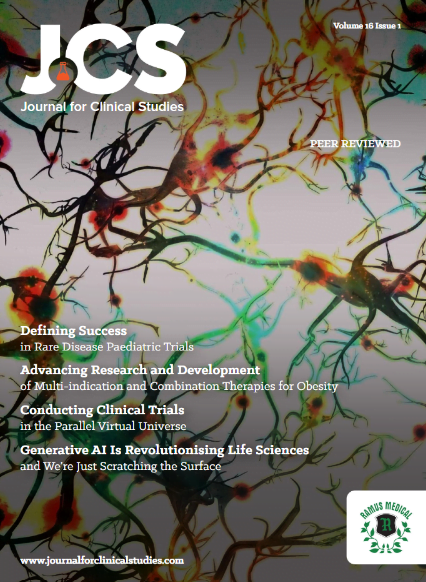Eying growth in oncology, Astellas has suffered an R&D setback for acute myeloid leukemia drug Xospata (gilteritinib). The med flunked a combo trial with Bristol Myers Squibb’s Vidaza, but Astellas is hoping to highlight some silver linings in the results.
Astellas’ Xospata won FDA approval in 2018 for patients who have the FLT3 mutation, and right now it’s primarily used in the relapsed/refractory population. In the Lacewing study, Astellas wanted to see if the drug could be effective when paired with Bristol Myers Squibb’s chemo treatment Vidaza earlier in the treatment timeline.
For the study, investigators measured the efficacy of Xospata plus Vidaza against Vidaza alone in 250 patients newly diagnosed with FLT3-mutated AML. For inclusion, the patients had to be ineligible for first-line intensive induction chemotherapy.
After four years and four months, investigators halted the trial when it was evident that the combo wouldn’t achieve its primary goal to prolong overall survival. The company presented the results Monday at the American Society of Hematology annual meeting.
A comprehensive review of data showed that patients who received the Xospata-Vidaza combo had higher complete composite remission rates than those in the Vidaza arm. There also were particular populations that benefited from the combo—those with an ECOG score of 0-1 and those with a higher level of FLT3 mutation. ECOG is a way to measure the functionality of cancer patients. Those with a 0-1 score have maintained most of their ability to walk, work and take care of themselves.
“Those with ECOG score of 0-1 represented about half the population,” Ahsan Arozullah, M.D., Astellas’ VP of medical sciences-oncology, said in an interview. “Those patients who received the gilteritinib combination actually survived longer. That’s a subgroup analysis. That’s not the primary goal of the study, but it does suggest there is some potential benefit for gilteritinib in this initially diagnosed population.”
At ASH, Astellas also presented results from Commodore, a trial designed to mirror its Admiral study which supported its approval for Xospata. The purpose of the Commodore trial was to see if the drug could perform as well in Asia. It did, with very similar rates of survival and relapse.
“It reinforces what we already knew from the Admiral study,” Arozullah said. “Often times we’ll do our initial study where we think most of the patients with this disease are but then we’ll do supplemental studies, like the Commodore study to reinforce the results and also to facilitate the opening up of use of gilteritinib in additional countries.”
Astellas isn’t focused solely on the cancer side of hematology. It also is developing a sickle cell disease treatment, a BACH1 inhibitor. At ASH, the company presented pre-clinical data from animal studies that show its compound may increase the expression of antioxidants and fetal hemoglobin genes. Astellas will kick off clinical studies of the drug in the first quarter of next year.















